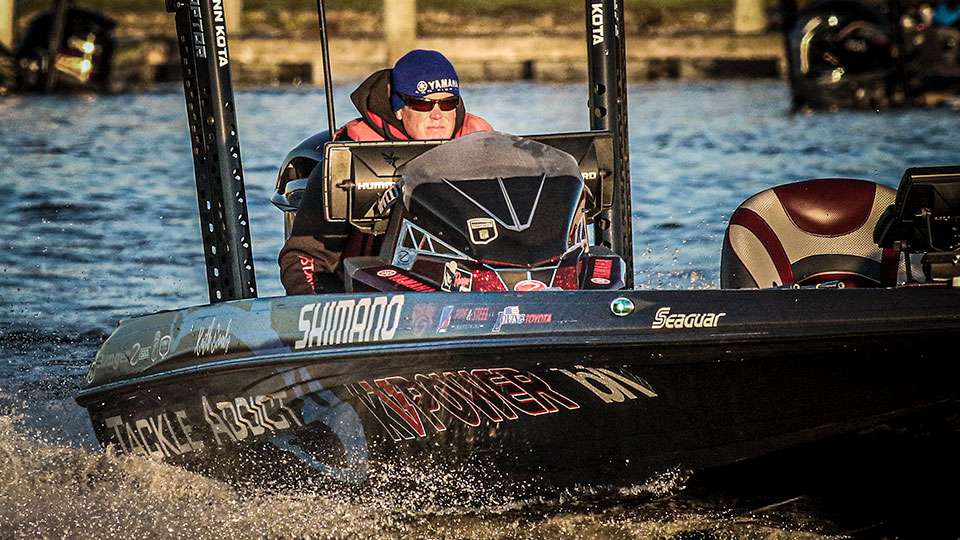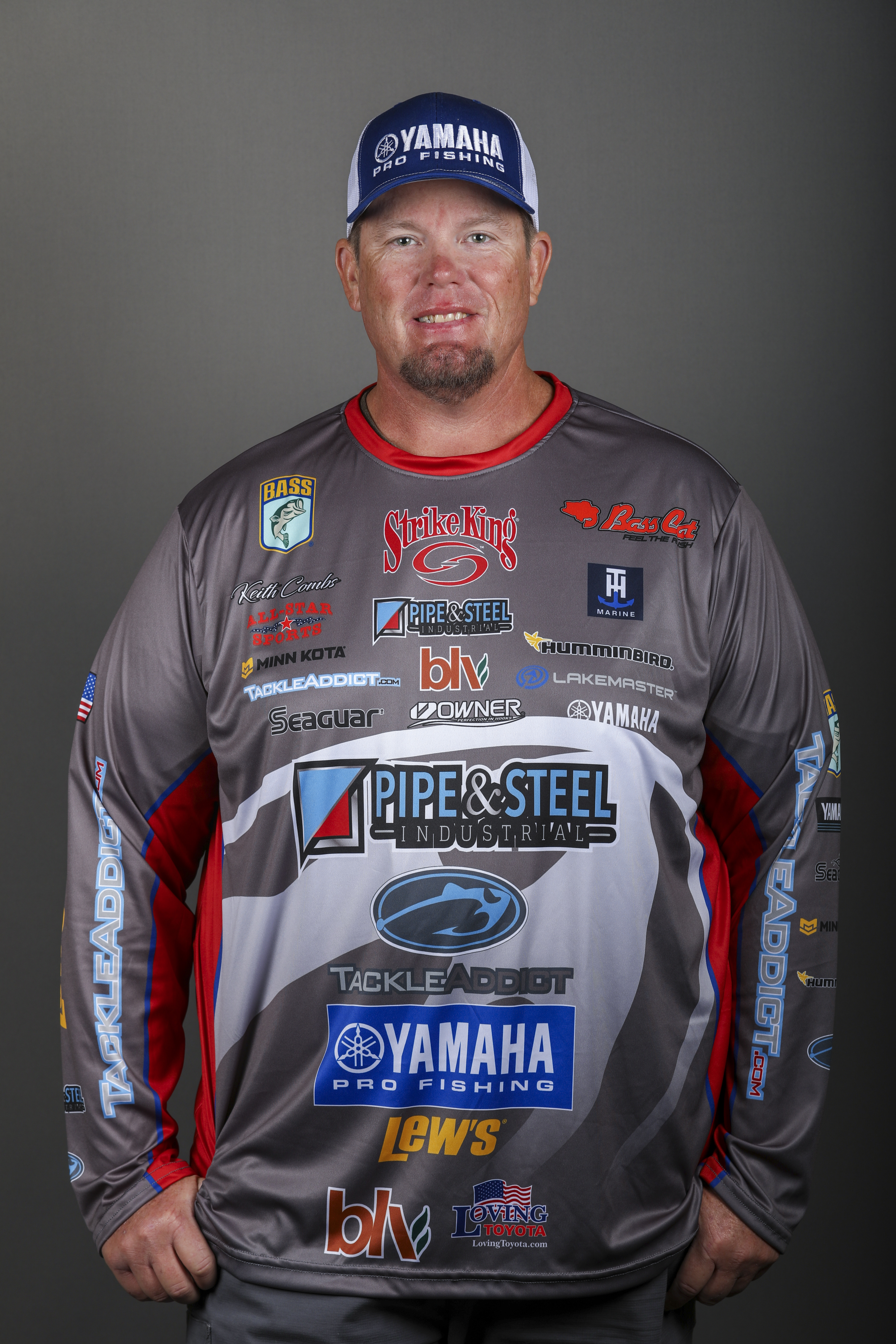
Just prior to the start of practice for the St. Johns River Elite I joined some of my colleagues from Shimano at Bienville Planation for a gathering of pros, writers and content creators. While bass pros depend on our tournament results for credibility, without media support and coverage we’re not very valuable to our sponsors.
I still value every bit of magazine, web or video coverage that I get. When I sit in my home office, I can look up and see a framed version of my first cover shot – the B.A.S.S. Times issue after I won Falcon. I’ve been on a number of covers since then, and they continue to mean a lot. It means that you’re the face of the sport for a month.
Of course, the media landscape has changed significantly even in the time I’ve been fishing for a living. At that time, monthly magazines were king, and the web was starting to have an impact. Now there are more opportunities than ever before, because in addition to those pillars we have more websites, social media and outlets like YouTube.
If as an angler you’re not getting enough coverage, you can create it yourself. That means if you’re dissatisfied with what you’re getting it’s likely your own fault.
I continue to subscribe to the idea that you have to take every opportunity you can get. When I started off with FLW, and then left for B.A.S.S., it was hard for me to get good exposure. I wasn’t a known commodity. But over time I worked with writers, both national and local, to get a media foothold.
That’s an important point. No form of media is too small or too local to be valuable. In fact, working with writers like Matt Williams on a series of Texas newspaper stories, that’s when I’m probably most aware of who I’m reaching and how I’m impacting the readers.
I also hear stories through the grapevine that some of my peers aren’t so quick to return phone calls or emails. I get it. When we’re on the road, our lives are jam-packed and fast-paced. Then, when you get home, you want to disconnect. Maybe you owe the time to your family, or you just want to hunt.
I guess I’m lucky that I really love to talk about fishing. It just doesn’t seem like “work” to me. Nevertheless, I’m acutely aware that it’s a critical part of my profession. Not every sponsor cares about media exposure, but the endemic ones generally do. They’ll want you to report about it in your year-end report.
The world has changed. If you won something 10 years ago, people seem relatively unimpressed. Even if you had a good year of fishing, if you didn’t get ink as a result of it, in some respects it’s like it didn’t happen.
Surely there’s a difference among the generations as to what they think is important. The young guys know about YouTube and social media, but they are less interested in print. The older guys remember the glory days of magazines but might not be as technologically savvy when it comes to the internet.
The truth is we all need to be everything to everybody. If you’re looking for a career as a pro angler, you’ll have to take the approach that it all matters, and you’ll need to start cultivating those media relationships early. You can’t wait for a sponsor to bring them to you. You have to get after it yourself. That way, when you have a signature win, or a product to introduce, you can leverage those contacts to get the most for it.
That’s a two-way street, and sometimes it’s as simple to start as just making a call or taking a writer fishing. Wins are increasingly difficult to achieve at this level, so when you’re up on the podium, you want to know that it’s doing as much for your career and for your sponsors as possible.

